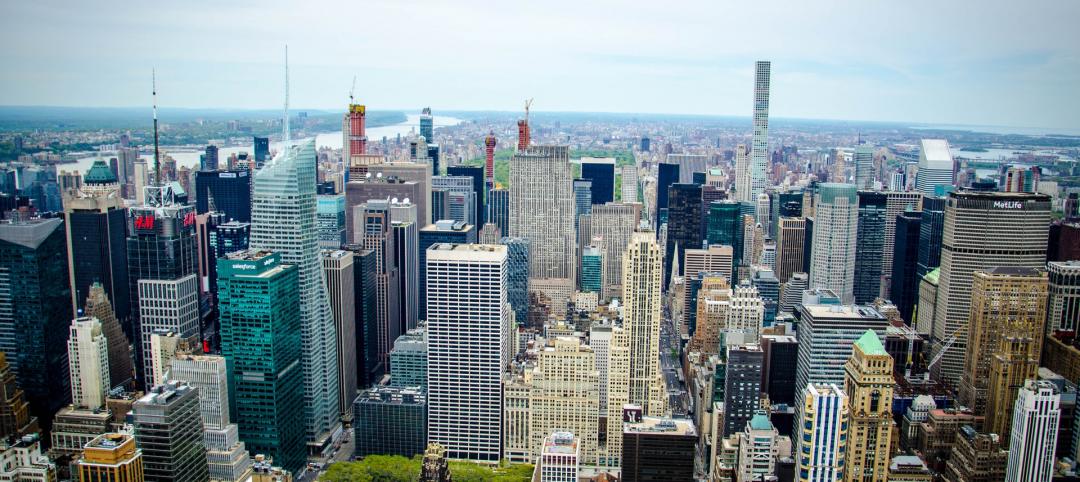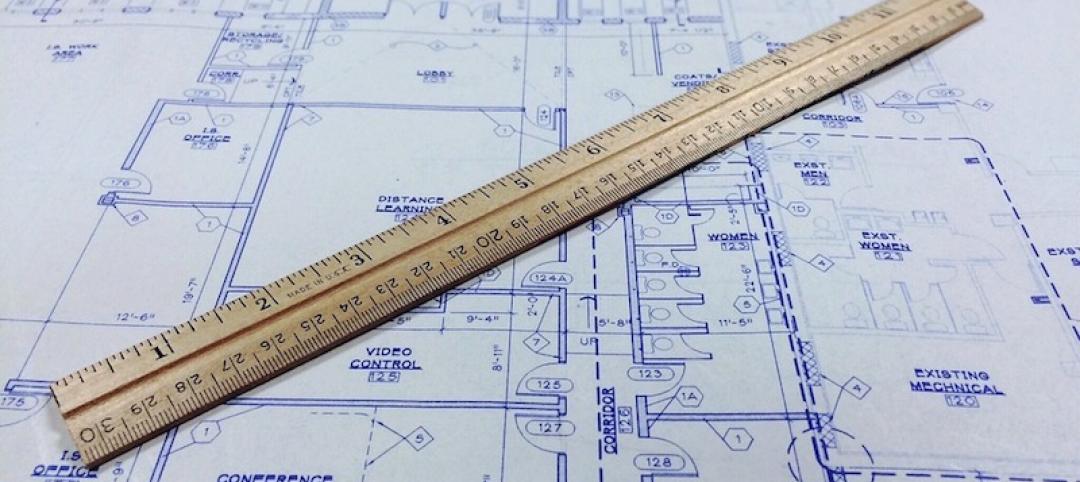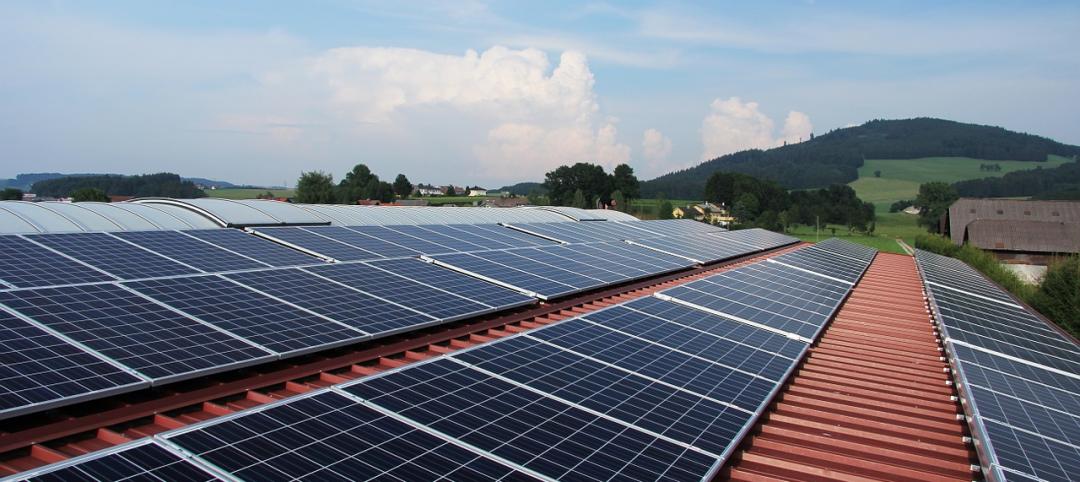FEMA’s new rules governing rebuilding after disasters will take into account the impacts of climate change on future flood risk.
For decades, the agency has followed a 100-year floodplain standard—an area that has a 1% chance of flooding in a given year. The new standard will factor in the impact of climate change such as rising sea level and heavier rainfalls when it funds rebuilding projects.
In coastal areas, the agency will account for increased erosion projected to worsen this century. To reduce flood risk, the agency will build farther from the water wherever possible and will raise structures on stilts and pilings.
Along rivers, FEMA will rebuild at least as high as the 500-year floodplain, and sometimes higher for essential infrastructure such as bridges and hospitals. Similar standards in Houston are credited with savings thousands of homes from flooding earlier this month during Hurricane Beryl.
Related Stories
Codes and Standards | May 7, 2019
Office noise significantly reducing employee concentration, productivity, and creativity
Workplace distractions cause some to choose to work remotely.
Codes and Standards | May 7, 2019
WSP USA says it will be carbon neutral in 2019
Engineering firm will offset carbon at all offices and with employee business travel.
Codes and Standards | Apr 25, 2019
Report: Contractors invest $1.6 billion in workforce development annually
ABC members increased training spending 45% from 2013, according to a new report.
Codes and Standards | Apr 25, 2019
New York City’s Green New Deal would ban all-glass skyscrapers
The ambitious plan would also boost affordable housing, reduce building emissions, and update codes to account for sea level rise.
Codes and Standards | Apr 25, 2019
Chicago, Houston, and Dallas deemed ‘most dangerous cities for migratory birds’
The three cities are in the heart of North America’s most trafficked aerial corridors.
Codes and Standards | Apr 19, 2019
Notre Dame fire highlights danger of renovating historic structures
The devastating fire at Notre-Dame de Paris is the latest blaze to damage or destroy historic buildings while undergoing renovations. It highlights how vulnerable such structures are to fire while undergoing repairs.
Codes and Standards | Apr 19, 2019
Developers and owners can now join AIA 2030 Commitment
Organization offers tools and resources for working toward net-zero design.
Codes and Standards | Apr 19, 2019
New method of manufacturing cement removes CO2 from the air
Breakthrough could have significant impact on reducing greenhouse gas emissions.
Codes and Standards | Apr 12, 2019
Deadline nears on New York City sprinkler requirement for tall office buildings
The mandate applies to all buildings regardless of when constructed.
Codes and Standards | Apr 8, 2019
LEED v4.1 now available for cities, communities, residential/homes
The rating system emphasizes performance monitoring, fully integrated design, social equity, and human health.

















